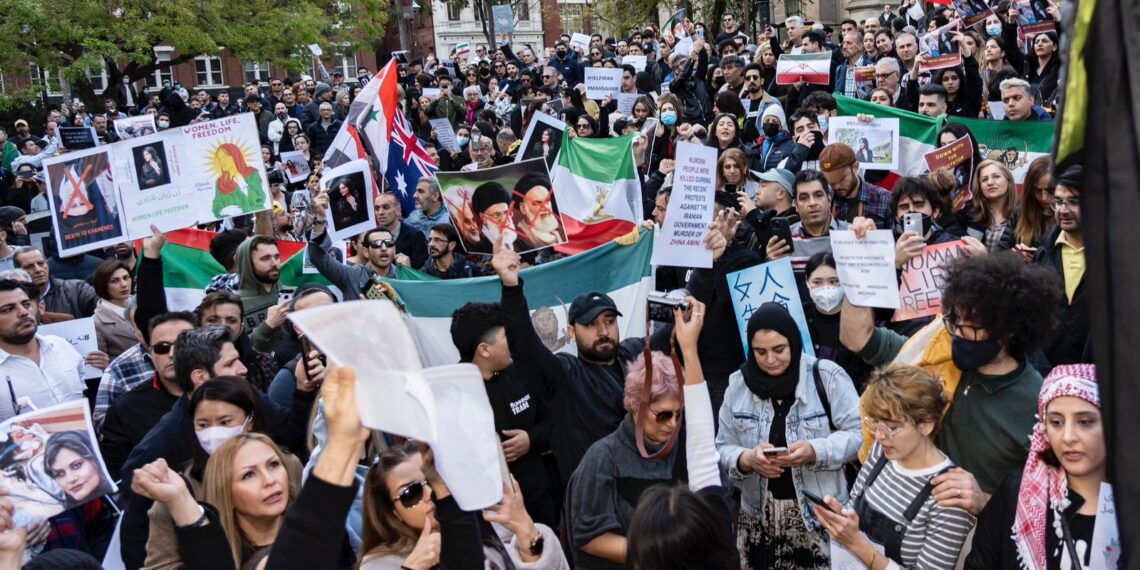In a concerning development, Iranian authorities have executed three men who were sentenced to death for their alleged participation in last year’s nationwide anti-government protests. The judiciary announced that the three individuals were convicted for their supposed involvement in a shooting attack that resulted in the deaths of three security personnel in Isfahan in November. However, human rights organizations, including Amnesty International, have raised concerns about unfair trials and reports of torture in their cases.
Since December, four other protesters have been hanged, while numerous individuals have reportedly been sentenced to death or face charges for capital offenses in connection with the protests. The demonstrations, which spread across the country, were triggered by the death of Mahsa Amini, a 22-year-old Kurdish woman, while in custody. Amini had been detained by morality police in Tehran for allegedly wearing her hijab “improperly.”
The three men executed on Friday, identified as Majid Kazemi, 30, Saleh Mirhashemi, 36, and Saeed Yaqoubi, 37, were arrested following protests in Isfahan on November 16. Amnesty International received information that the men were forcibly disappeared, subjected to torture, and coerced into making incriminating statements, which formed the basis of their criminal cases.
Kazemi, in an audio message recorded from inside Dastgerd prison, vehemently asserted his innocence and detailed the abuse he endured at the hands of security forces. The men were convicted by a Revolutionary Court of “enmity against God,” a broadly defined national security charge, in a trial that activists claim lasted only four days and was marred by irregularities and forced confessions.
Human rights organizations, including the US-based Center for Human Rights in Iran (CHRI), have criticized the lack of due process and political motivations behind the case. Last week, authorities announced that the supreme court had upheld their death sentences, prompting further condemnation from international observers.
The use of the death penalty against these protesters has drawn strong condemnation from Amnesty International, with the organization denouncing it as an act of vengeance against those who courageously demanded the rights of the Iranian people. The alarming number of executions in Iran this year, including those carried out in cases related to drug offenses, has also raised concerns and prompted criticism from UN human rights officials.
The executions and the controversial manner in which these cases have been handled serve as a reminder of Iran’s disregard for fundamental rights, fair trials, and the right to life. International pressure continues to mount on Iran to address these human rights abuses and ensure justice for those involved in the protests.


